
Travelers warned: This one type of suitcase is more likely to go missing than other bags.
Expert Jamie Frazer said that you should avoid this one thing to keep your luggage safe
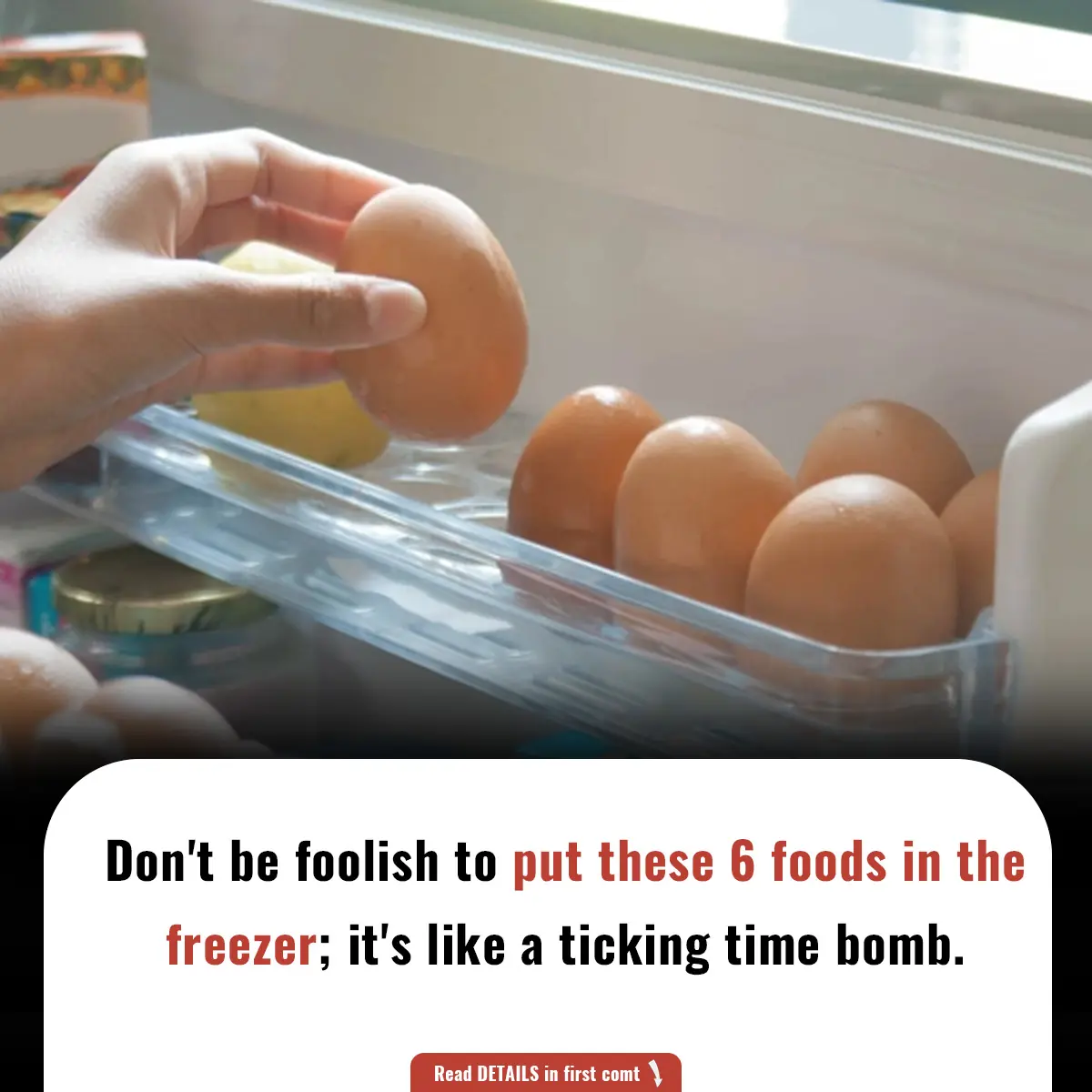
Leafy Greens and Fresh Herbs
Greens like lettuce, spinach, cilantro, and basil deteriorate quickly when frozen directly. Due to their delicate texture, the ice crystals formed during freezing break down the plant's cells, causing the greens to wilt, darken, and lose their crispness once thawed. This also makes them vulnerable to bacterial contamination. Additionally, most heat-sensitive vitamins are destroyed in the freezing process. If you need to store them long-term, blanch the vegetables in boiling water, cool them quickly, and then freeze them—alternatively, blend them with olive oil to use as a cooking sauce.
Eggs in Their Shells
Placing eggs in their shells in the freezer is a common mistake. When frozen, the liquid inside the eggs expands and can crack the shell, creating an entry point for bacteria. The yolk also changes consistency when thawed, becoming grainy and hard to cook. If you don’t notice the cracks, you might unknowingly consume contaminated eggs, increasing the risk of salmonella poisoning, which causes symptoms like abdominal pain, fever, and prolonged diarrhea.
Soft Cheese
Cheeses like cream cheese, ricotta, or brie have a smooth texture and high moisture content. After freezing and thawing, these cheeses tend to separate, become lumpy, and lose flavor. Not only does this affect the taste, but the separated cheese can also develop mold or bacteria if not stored properly. Consuming altered cheese may lead to bloating, nausea, or even food poisoning if harmful bacteria produce toxins.
High-Water Fruits and Vegetables
Tomatoes, cucumbers, grapes, oranges, and watermelon contain high water content. When frozen, the water inside forms ice crystals that disrupt the cell structure, making the fruits mushy and releasing juice when thawed. Eating these thawed fruits may lead to an off taste, slight sourness, or a slimy texture—indicating the food is starting to spoil or become contaminated. Consuming spoiled fruit can result in stomach pain, diarrhea, or food poisoning due to bacterial growth in improper storage conditions.
Certain Dairy Products and Creams
Yogurt, heavy cream, and mayonnaise-based sauces freeze poorly. They can separate, sour, and lose their texture. Once thawed, these products may become watery, develop an off smell, or taste slightly sour—signs of uncontrolled fermentation. Consuming spoiled dairy can cause indigestion, bloating, and gastrointestinal issues, especially in children or the elderly with weaker digestive systems.
Fried Foods
Fried foods like fried chicken, French fries, and spring rolls lose their crispness when frozen. They absorb moisture and become soggy. Reheating them results in a chewy texture, while the oils can oxidize, producing an unpleasant odor and potentially harmful substances like acrylamide, a compound linked to cancer if consumed frequently. Additionally, frozen fried foods are more likely to accumulate bacteria if not frozen deeply or thawed incorrectly, which can harm your health.

Expert Jamie Frazer said that you should avoid this one thing to keep your luggage safe

It's very convenient, but questions have been raised on security with charging at airports
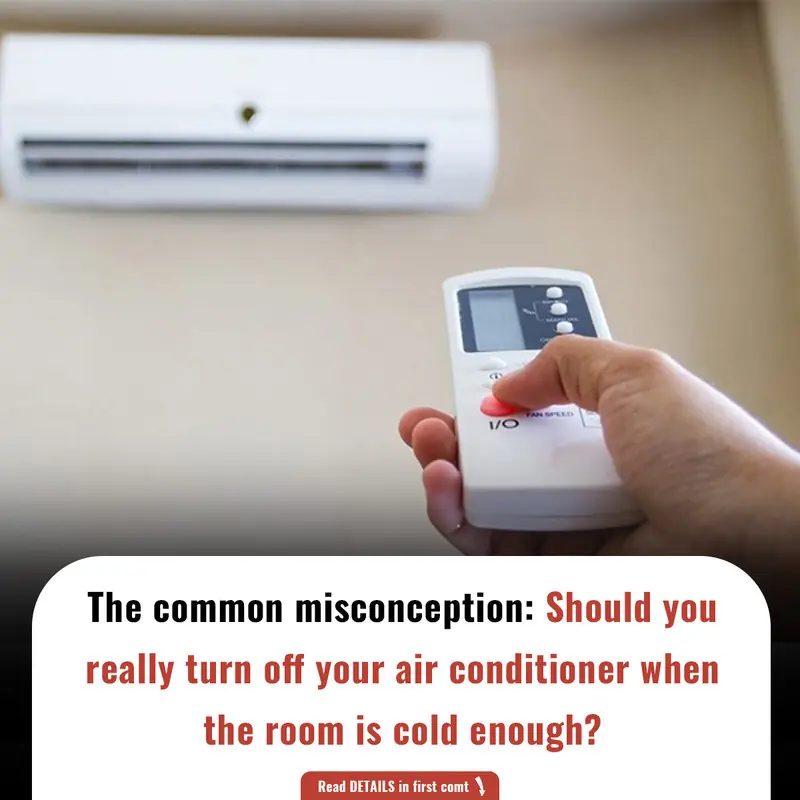
Having used the air conditioner for a long time, not all users know the tips or the correct ways to use it.
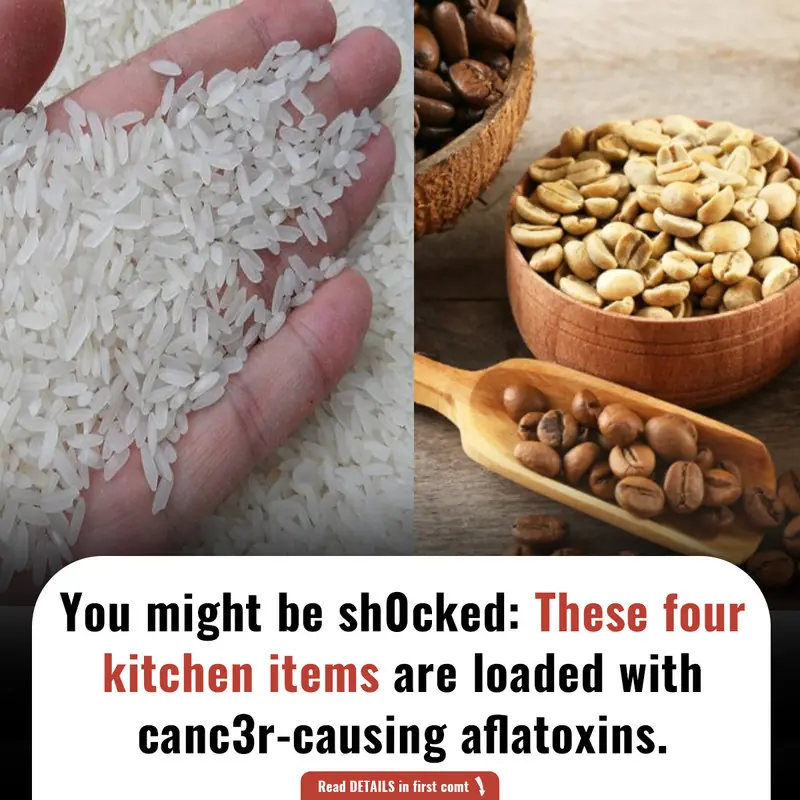
Aflatoxin, a carcinogenic substance, lurks in the kitchens of many families, but not everyone knows about it.

Many people, when talking about pork, usually only think of belly meat, ribs, and bone marrow... In fact, the pig has three parts that are both delicious and nutritious, which many people do not know to buy.
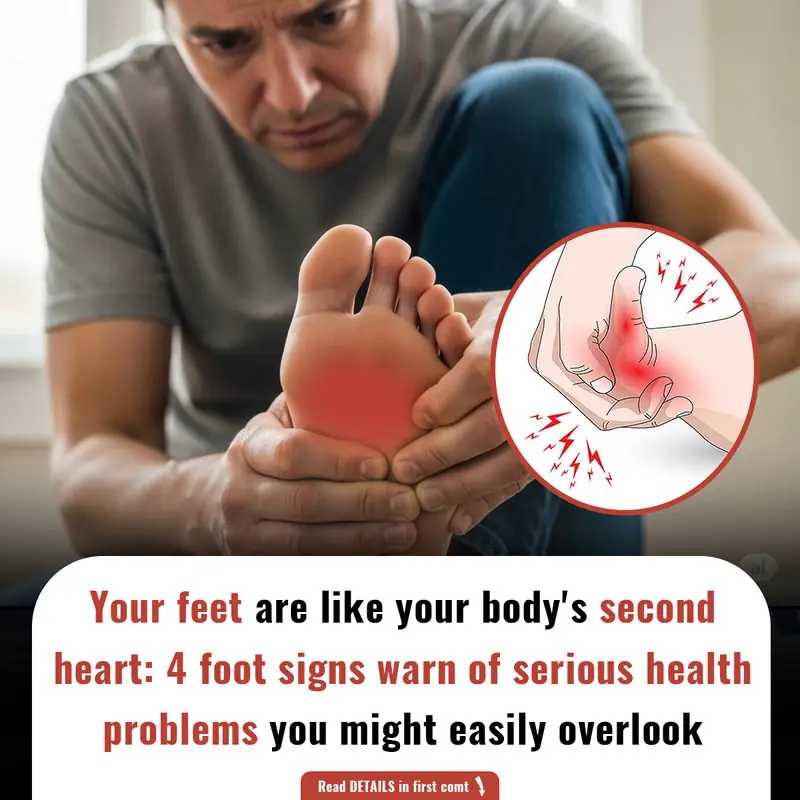
The feet are likened to the second heart of the body, so when you encounter some health issues, the feet will be one of the places that send warning signals.

Sudden Heavy Drinking in Your 30s Could Be an Early Sign of Dementia, Expert Warns

Laura Davies, from Wales, says she would have 'never known' without the photo
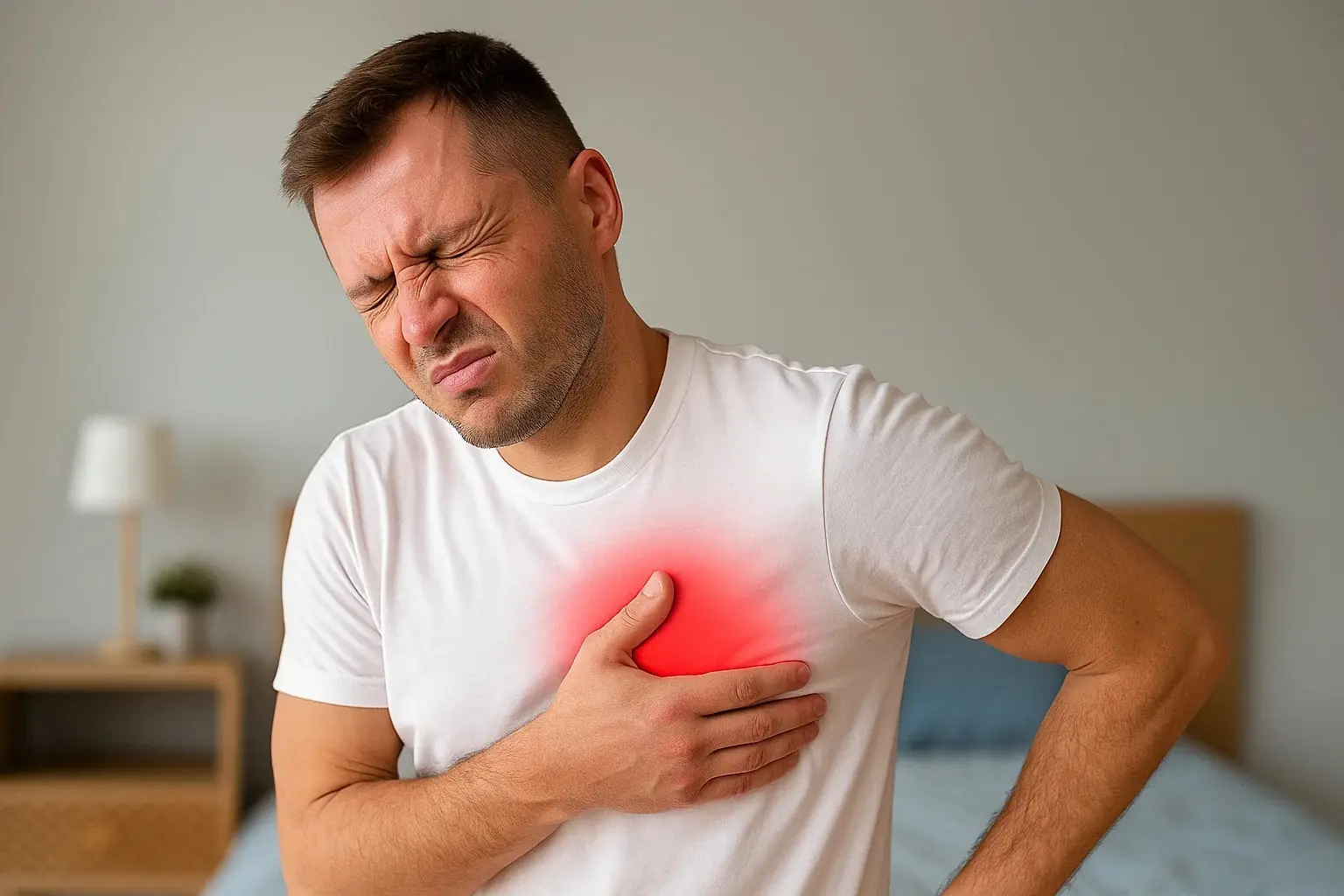
A stroke is a serious medical emergency. Leading a healthy lifestyle, including paying attention to what you do at night, can help reduce your risk.

Discover the sh0cking health r!sks of v@ping through the real-life story of a 24-year-old man who suffered a heart att@ck and permanent lung dam@ge. Learn why quitting v@ping is cr:u:cial for your health.
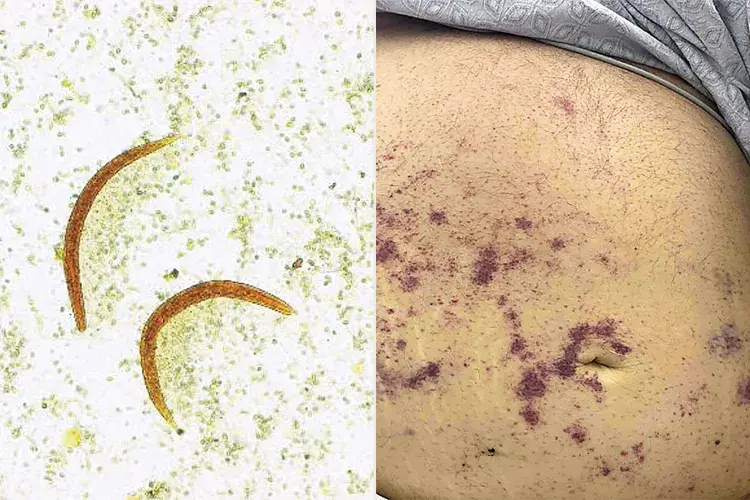
Two men in the U.S. contracted a parasitic infection after receiving kidneys from the same donor. Learn about this rare case, symptoms, diagnosis, and the importance of donor screening.
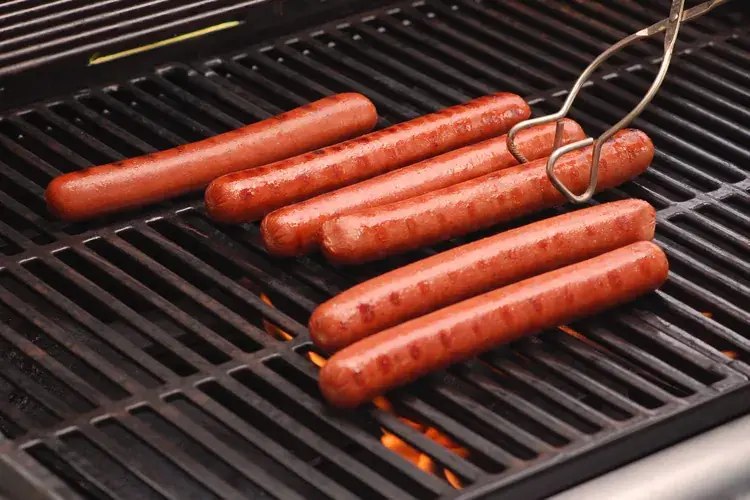
A recent study finds that eating processed meats like hot dogs increases the r!sk of chronic dise@ses, including type 2 diabetes, heart dise@se, and colorectal canc3r. Learn more about the health impacts.
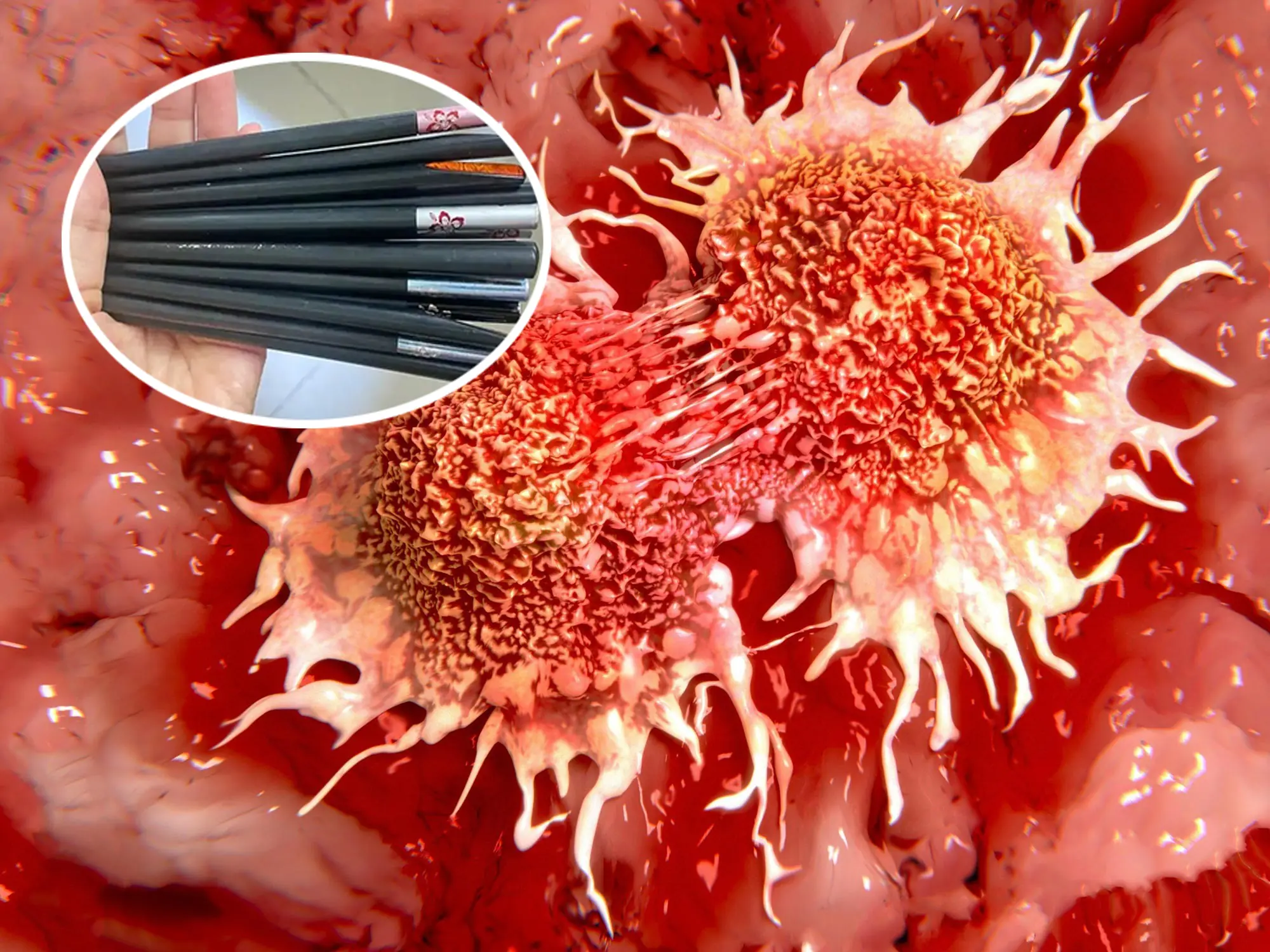
There are many common household items that contain toxic chemicals that can harm your body and your family, even causing cancer.
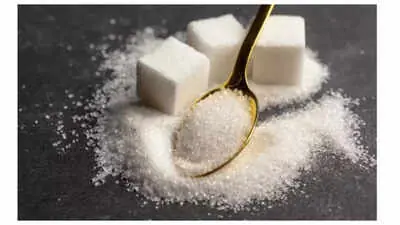
Discover the incredible benefits of quitting sugar, from sharper brain function to weight loss, improved gut health, and glowing skin. Learn how cutting sugar can transform your health.
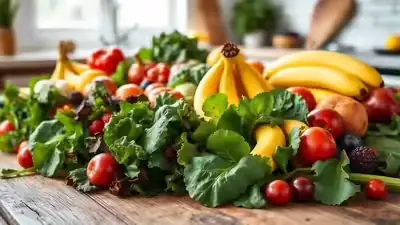
Learn how eating just a cup and a half of specific vegetables daily can prevent arterial blockage and improve heart health, according to recent studies. Discover the vegetables that can protect your heart from disease.


A transgender woman who has gotten so much lip filler she now has breathing problems and can't close her mouth has insisted that she's far from done.
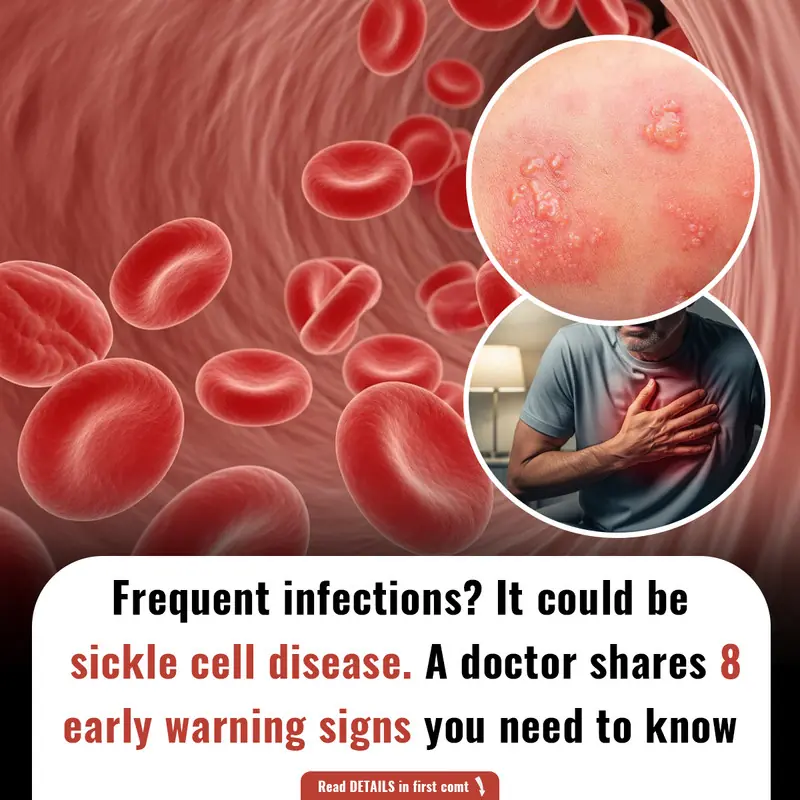
From jaundice to swelling in hands, know the early signs of sickle cell disease. The doctor also shared when to seek medical intervention.
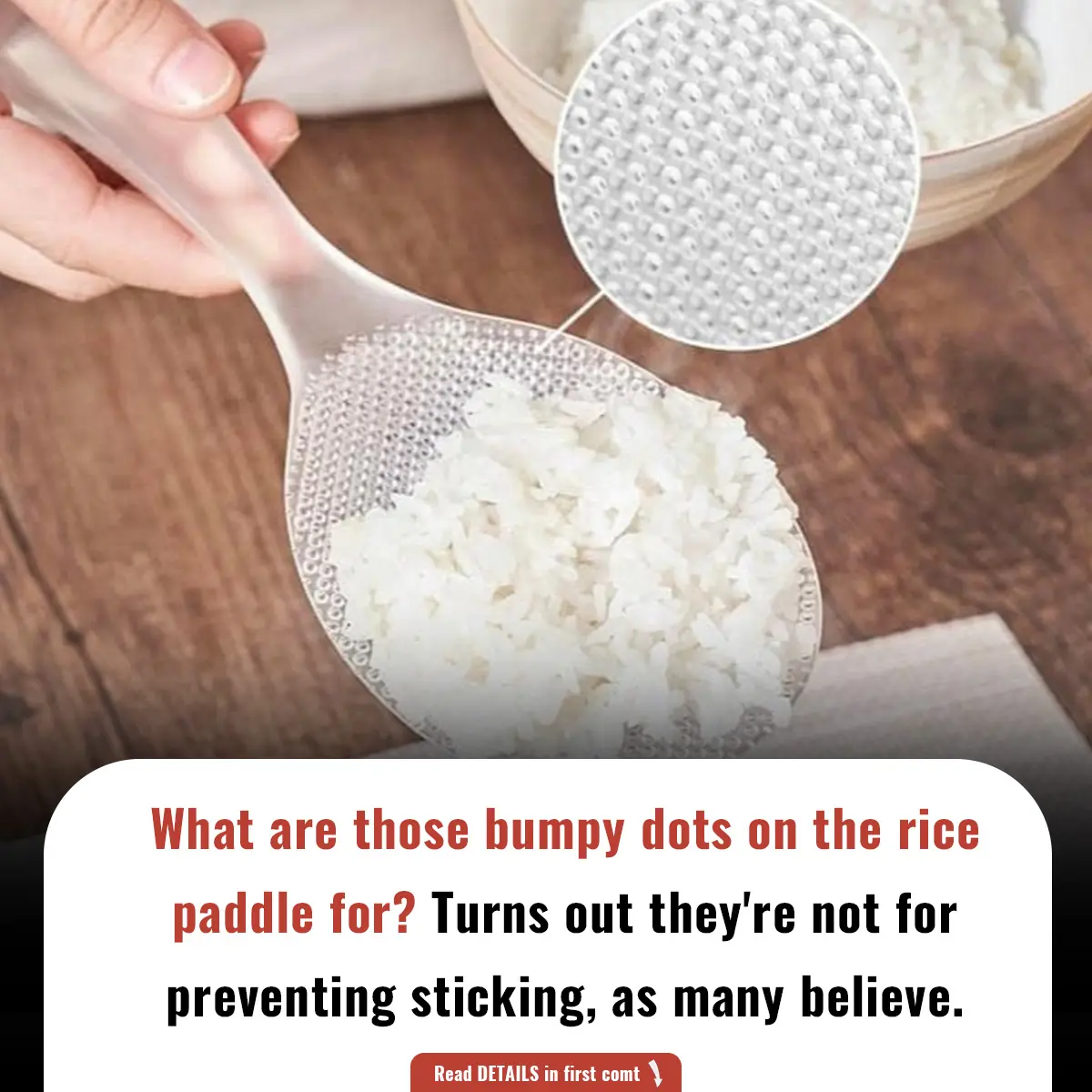
Although used daily, many people do not know what the bumps on the rice paddle in the rice cooker are for.

Check the mirror in the hotel room to detect if you are being watched.

Expert Jamie Frazer said that you should avoid this one thing to keep your luggage safe

It's very convenient, but questions have been raised on security with charging at airports

Having used the air conditioner for a long time, not all users know the tips or the correct ways to use it.

Aflatoxin, a carcinogenic substance, lurks in the kitchens of many families, but not everyone knows about it.

Many people, when talking about pork, usually only think of belly meat, ribs, and bone marrow... In fact, the pig has three parts that are both delicious and nutritious, which many people do not know to buy.

The feet are likened to the second heart of the body, so when you encounter some health issues, the feet will be one of the places that send warning signals.

Sudden Heavy Drinking in Your 30s Could Be an Early Sign of Dementia, Expert Warns

Laura Davies, from Wales, says she would have 'never known' without the photo
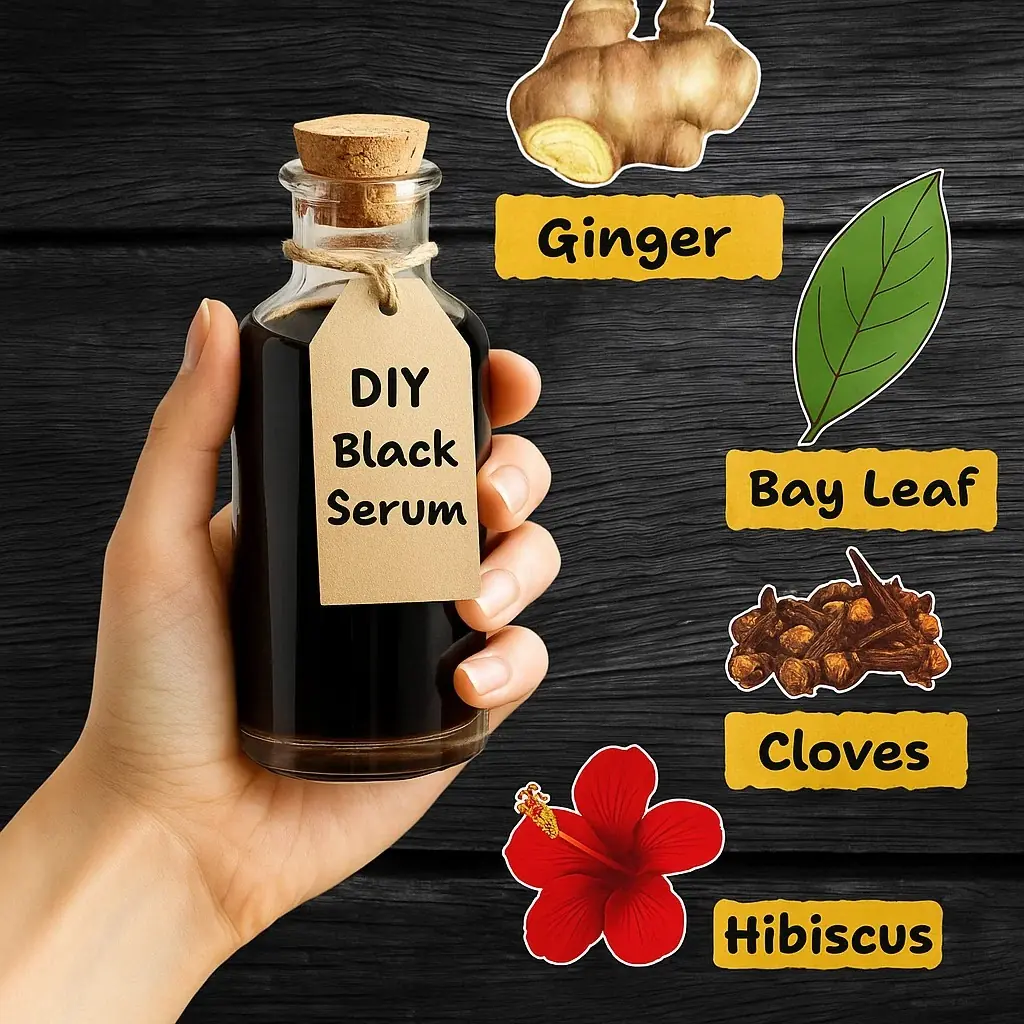
These DIY recipes for a black serum and a hair mask are both simple to make and effective in addressing common hair concerns like hair loss, dandruff, and dryness.
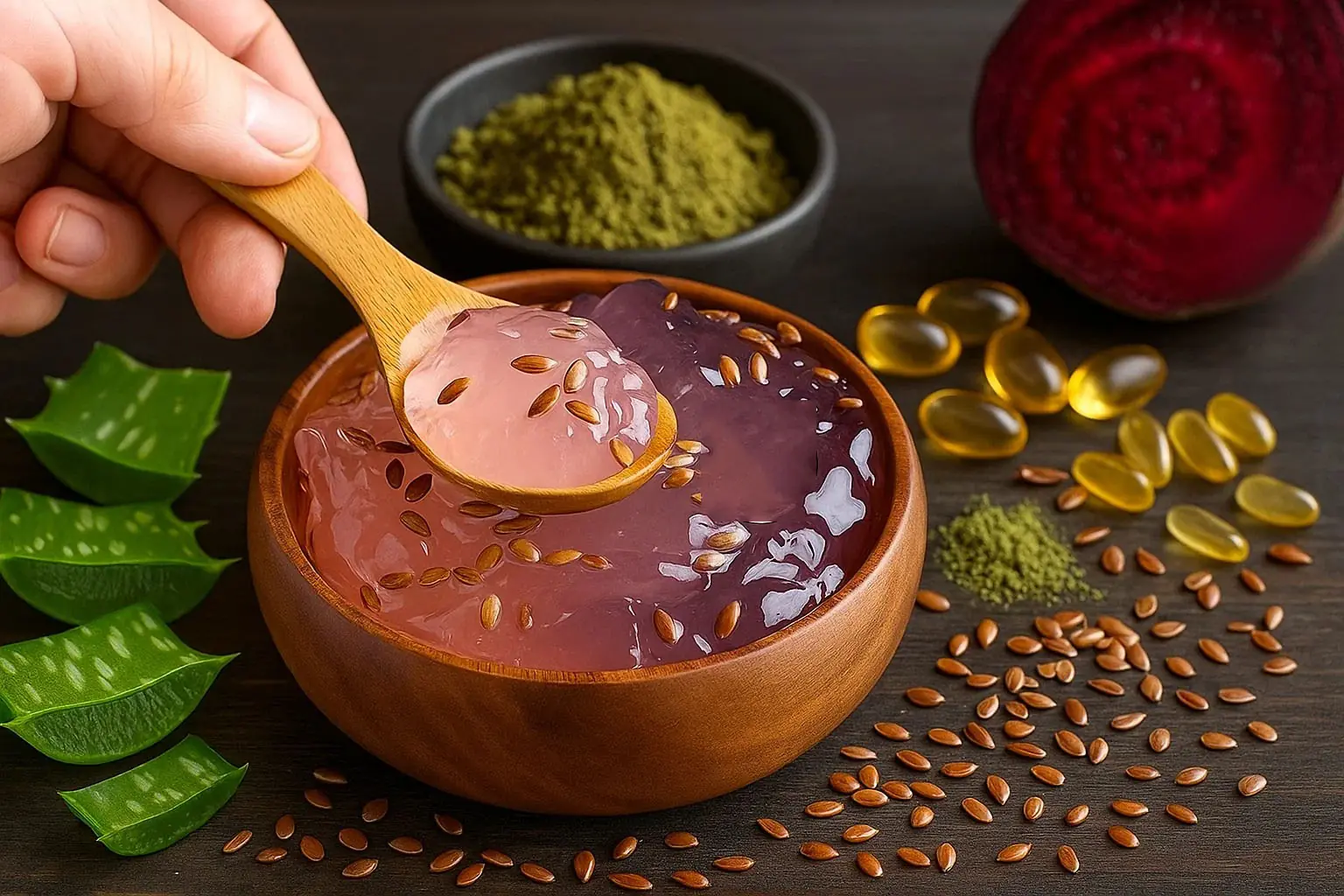
This DIY flaxseed beetroot gel is a simple yet effective remedy that hydrates, firms, and smooths the skin.

Rice water has long been celebrated in Asian beauty traditions for its remarkable ability to improve skin texture, brighten the complexion, and reduce the signs of aging
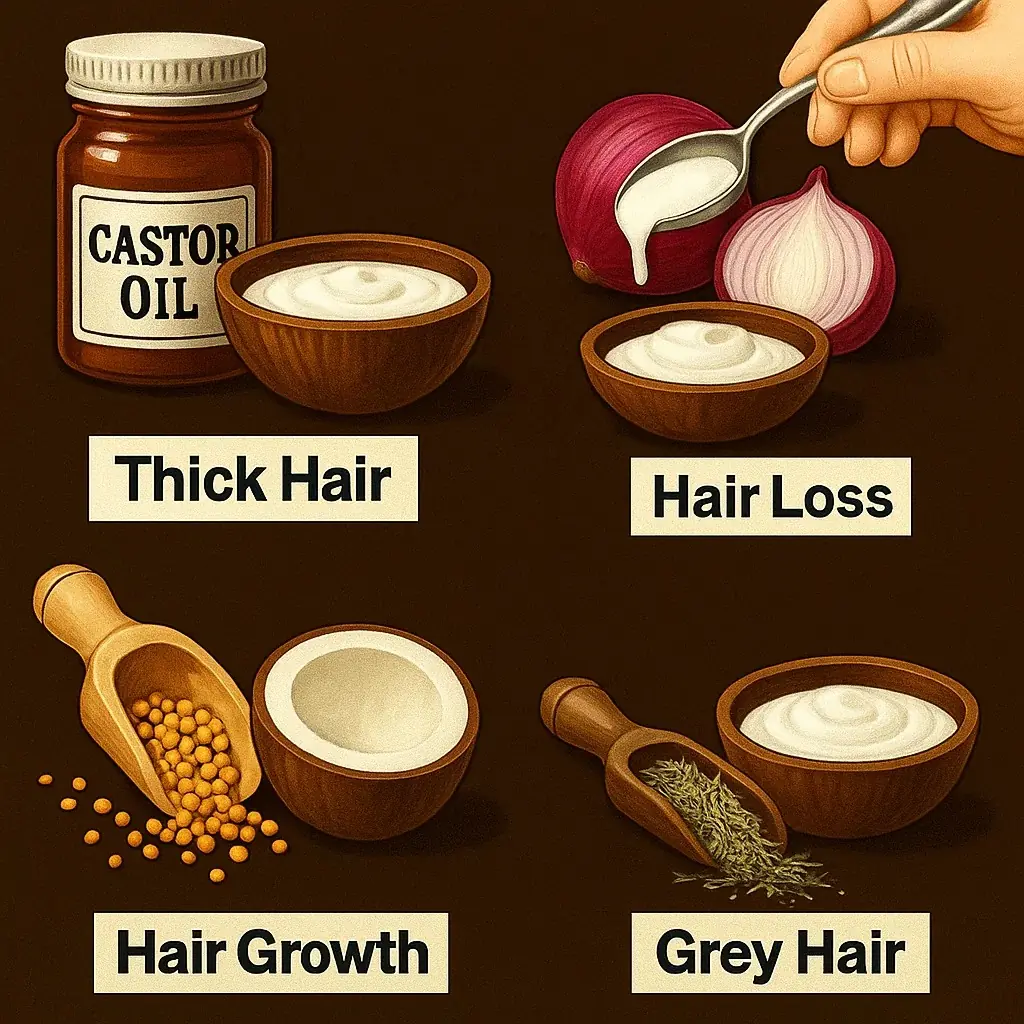
By combining it with other natural ingredients like castor oil, aloe vera, and fenugreek, you can create customized treatments tailored to your specific hair concerns.
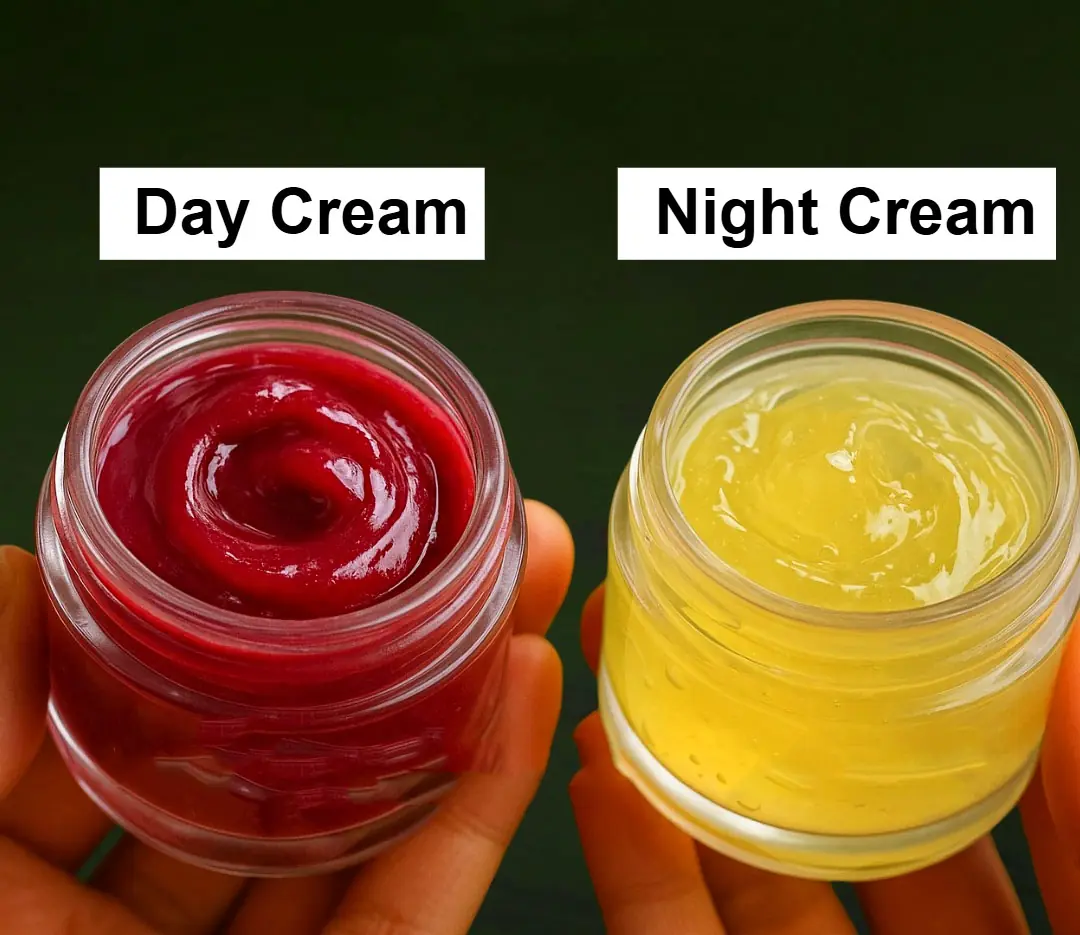
These 15 natural skin gels are packed with nutrients, antioxidants, and healing properties that can rejuvenate your skin, leaving it smoother, brighter, and youthful.
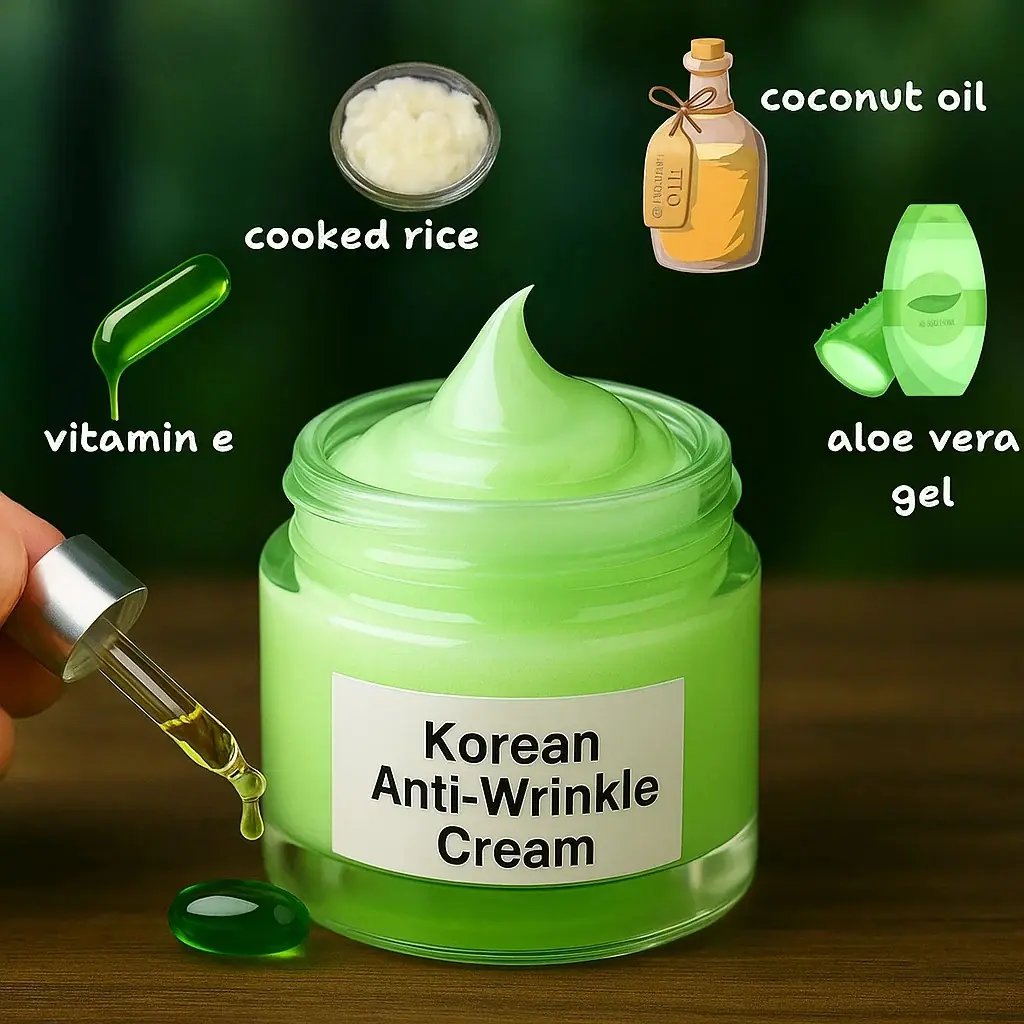
The Korean Rice Cream is a simple, effective, and natural remedy that works wonders in combating these signs of aging.

The DIY Vaseline and baking soda treatment offers a simple, natural, and budget-friendly solution that works wonders for the skin.

Discover the heartwarming story behind a viral photo of 14-year-old Moises Sauseda shielding a soldier from rain at a Texas military funeral. His act of empathy and respect for a veteran's sacrifice touched hearts worldwide.

A real estate agent's compassion yields an unexpected reunion, teaching a profound lesson in kindness and second chances.

Discover the extraordinary story of Witold Pilecki, the Polish officer who infiltrated Auschwitz to build a resistance and expose the horrors of the Holocaust. His sacrifice and courage remain a symbol of resilience and humanity.

Discover the story of Paul Gauguin, the artist who left a successful career behind to pursue his passion for painting. His bold, unrecognized work paved the way for modern art, influencing Picasso, Matisse, and others.

Discover the life and groundbreaking work of Gregor Mendel, the monk whose experiments with pea plants laid the foundation for modern genetics. His legacy, recognized posthumously, continues to impact biology today.